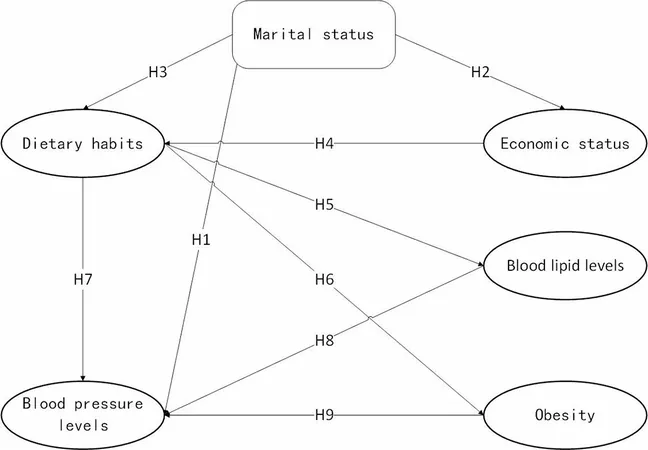
Emergency Vaccine Suspension: Chikungunya's Ixchiq Hits Roadblock Due to Severe Side Effects
2025-08-25
Author: Wei
US Suspends Ixchiq Vaccine Amid Safety Concerns
In a shocking turn of events, US health authorities have put a halt to the Ixchiq vaccine designed to combat the chikungunya virus, following alarming reports of 'serious adverse events.' This announcement was made by French pharmaceutical company Valneva on August 25.
Ixchiq was hailed as one of only two vaccines sanctioned by the FDA for the notorious chikungunya virus, which is transmitted by mosquitoes. Originally predominant in tropical and subtropical areas, this virus has been detected in various regions globally, raising concerns among health officials.
License Suspended: What It Means for Public Health
Valneva secured FDA approval for Ixchiq earlier this year, but the emergence of significant side effects has prompted a rigorous review process, particularly regarding its administration to older individuals. The suspension was effective immediately, following the FDA's notification on Friday, which cited four new cases of serious side effects, three of which occurred in patients aged between 70 and 82.
Valneva’s CEO Thomas Lingelbach emphasized that despite this setback, the need for global health tools to counter chikungunya remains urgent. He stated, "As we determine potential next steps, and as the clear threat of chikungunya continues to escalate globally, we remain committed to maintaining access to our vaccine."
Chikungunya: A Growing Global Threat
Public health experts are raising alarms over chikungunya's potential to become a future pandemic risk, particularly as climate change facilitates the spread of the mosquitoes responsible for transmitting the disease into new terrains. Symptoms of chikungunya mirror those of dengue fever and Zika virus, manifesting as high fever and debilitating joint pain.
While chikungunya is rarely fatal, it poses serious risks for the elderly and infants, begging the question of how best to protect vulnerable populations.
World Health Organization Sounding the Alarm
In July, the World Health Organization issued a stark warning about a potential chikungunya epidemic, signaling the urgency for immediate intervention. They reported observing early warning signs reminiscent of a significant outbreak that occurred two decades ago, which resulted in nearly half a million cases globally.
This year alone, Europe has recorded 27 chikungunya outbreaks—a historic high—according to the European Centre for Disease Prevention and Control (ECDC). Authorities remain vigilant as they navigate this evolving health crisis.




 Brasil (PT)
Brasil (PT)
 Canada (EN)
Canada (EN)
 Chile (ES)
Chile (ES)
 Česko (CS)
Česko (CS)
 대한민국 (KO)
대한민국 (KO)
 España (ES)
España (ES)
 France (FR)
France (FR)
 Hong Kong (EN)
Hong Kong (EN)
 Italia (IT)
Italia (IT)
 日本 (JA)
日本 (JA)
 Magyarország (HU)
Magyarország (HU)
 Norge (NO)
Norge (NO)
 Polska (PL)
Polska (PL)
 Schweiz (DE)
Schweiz (DE)
 Singapore (EN)
Singapore (EN)
 Sverige (SV)
Sverige (SV)
 Suomi (FI)
Suomi (FI)
 Türkiye (TR)
Türkiye (TR)
 الإمارات العربية المتحدة (AR)
الإمارات العربية المتحدة (AR)